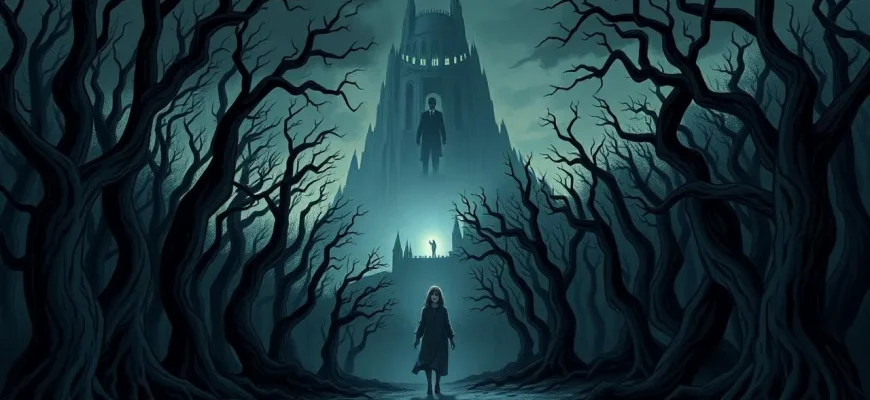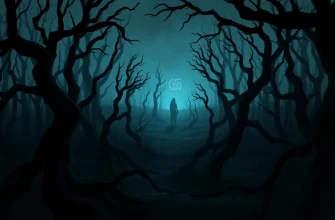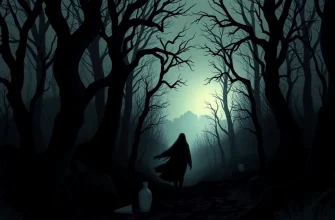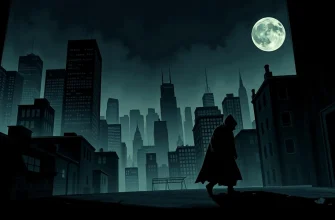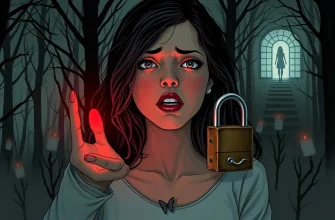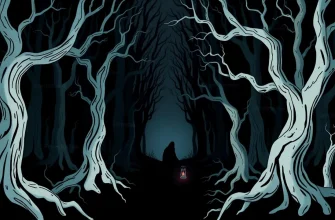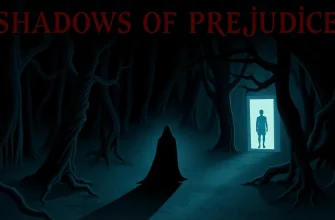Horror films have long been a medium to delve into societal issues, and class differences provide a fertile ground for chilling narratives. This curated list of horror movies not only promises spine-tingling scares but also offers a critical look at the stark contrasts between the haves and the have-nots. These films use the horror genre to magnify the tensions, fears, and injustices that arise from class disparities, making for a thought-provoking and thrilling watch.

The Others (2001)
Description: Set in post-World War II, the film uses the isolation of a grand estate to explore class dynamics between the wealthy family and their servants, all while delivering a haunting ghost story.
Fact: The film was shot in Spain, but set in England, creating an eerie atmosphere with its gothic setting. It was a commercial and critical success.
 Watch Now
Watch Now 
The Devil's Backbone (2001)
Description: Set during the Spanish Civil War, this film uses the backdrop of a haunted orphanage to explore themes of class, war, and the supernatural, with the children representing the lower class.
Fact: Directed by Guillermo del Toro, the film is often cited as one of the best ghost stories ever made, blending historical context with horror elements.
 Watch Now
Watch Now 
The Strangers (2008)
Description: While not explicitly about class, the film subtly touches on the theme through the invasion of a couple's home by masked strangers, exploring the vulnerability of the middle class.
Fact: The film was inspired by real-life events, including the Manson Family murders. It's known for its minimalistic approach to horror, relying on tension rather than gore.
 Watch Now
Watch Now 
The Housemaid (2010)
Description: A remake of the 1960 Korean film, this version delves into the life of a housemaid who becomes entangled in the dark secrets of a wealthy family, showcasing the exploitation and class tensions.
Fact: The film was a major box office success in South Korea and was praised for its stylish direction and intense performances.
 Watch Now
Watch Now 
The Purge (2013)
Description: In a dystopian America, all crime is legal for one night a year. This film examines how the wealthy can afford to protect themselves while the poor are left vulnerable, highlighting class warfare in a terrifying setting.
Fact: The film was made on a modest budget but became a surprise hit, spawning a franchise. The concept of "The Purge" was inspired by real-life discussions on crime and punishment.
 Watch Now
Watch Now 
The Babadook (2014)
Description: While primarily a psychological horror, the film subtly addresses class issues through the struggles of a single mother living in a modest home, dealing with grief and a terrifying entity.
Fact: The film was initially banned in some countries due to its intense themes. It has since gained cult status for its emotional depth and horror elements.
 Watch Now
Watch Now 
The Invitation (2015)
Description: A dinner party turns into a psychological horror when the host, who has recently returned from a mysterious retreat, invites her estranged friends. The film explores themes of grief, paranoia, and the class divide between the attendees.
Fact: The film was shot in one location to heighten the claustrophobic atmosphere. It was also well-received for its slow-burn tension and twist ending.
 Watch Now
Watch Now 
The Autopsy of Jane Doe (2016)
Description: This film explores the horror of the unknown through the lens of a father-son mortician team. The class divide is subtly present in the setting of their small-town morgue versus the mysterious body they examine.
Fact: The film was praised for its unique premise and the chilling performance of the titular character, who remains silent throughout the movie.
 Watch Now
Watch Now 
Parasite (2019)
Description: This South Korean thriller blends dark comedy with horror elements to explore the stark class divide between two families. The film's narrative takes a horrifying turn as the lower-class family infiltrates the lives of the wealthy.
Fact: "Parasite" became the first non-English language film to win the Academy Award for Best Picture. It also swept major awards at the Cannes Film Festival.
 Watch Now
Watch Now 
The Handmaiden (2016)
Description: This South Korean film, while primarily an erotic thriller, delves into themes of class, deception, and power dynamics between a wealthy heiress and her handmaiden.
Fact: The film was adapted from Sarah Waters' novel "Fingersmith" and was lauded for its intricate plot and stunning visuals.
 30 Days Free
30 Days Free 
